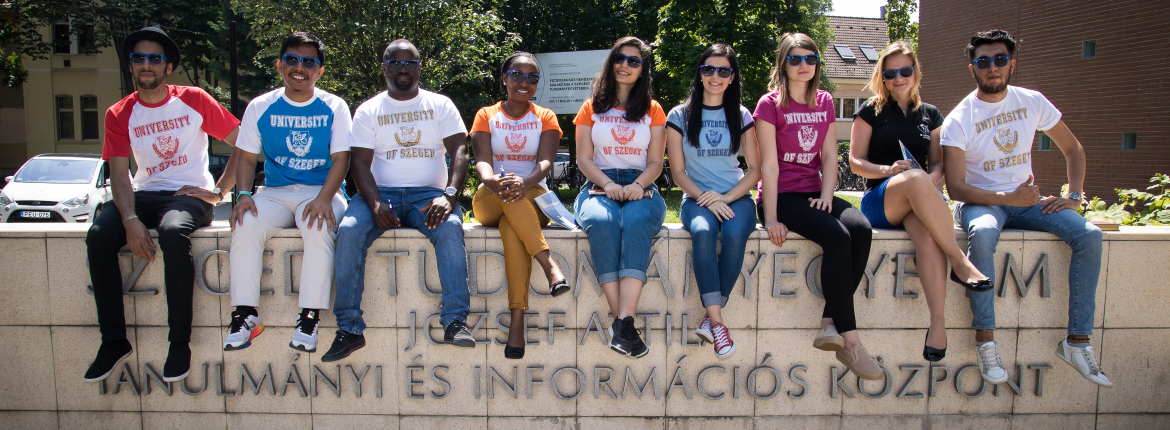
The Demola Alliance is gaining momentum in Central Eastern Europe. The University of Szeged (USZ) is proud to be the second university in Hungary to join Demola, following the footsteps of the Budapest University of Technology and Economics. Demola has been in Hungary since 2012 and intends to establish its first Central-Eastern European hub in Budapest.
The University of Szeged is one of Hungary’s most attractive establishments of higher education and by far the most popular university in the countryside.
Demola’s operation in Szeged will start later this spring, with two major industry players in the first round: Univer, a key Hungarian food manufacturing company, looking for a solution to radically decrease plastic and laminate use in food packaging.
The other partner is Transmoduls, a prominent player in industry automation. The goal for this Demola innovation challenge is to create a modern textbook to help end users understand robotics and automation machines.
”The University of Szeged has a track record of cutting-edge research and development activities. This means we are in the best situation to attract attention from leading companies. Now, with joining the Demola alliance, we have an even greater opportunity to actively draw our students into these activities,” says Professor Dr. Zoltán Kónya, Vice Rector for Science and Innovation at the University of Szeged.
According to Kónya, Demola forges links between excellent students and innovating companies to deliver pioneering projects under the Demola framework.
”We believe that Demola innovation challenges will provide our students with the indispensable experience of working with experienced professionals from the private sector. We hope to become the powerhouse of innovation with a commitment to enhancing the lives of people not only in our region, but also nationwide.”
The success story began in Budapest
Well before joining the Demola alliance, the University of Szeged had long worked together with the Budapest University of Economics and Technology, which was the first Hungarian university to join Demola in 2011.
The Budapest University of Economics and Technology is the largest and most prestigious technical school in the region.
“We strongly believe that Demola has strengthened our relationship with the industry. This relationship is very important to the university, as one of our strategic goals is to successfully channel research results into industrial innovations. Demola plays a fundamental role providing an early incubation for viable student ideas and stimulating creative thinking on industrial challenges. Demola has proved to be very successful in bridging the gap between innovative approaches of students and market-oriented research,” says Professor Dr. János Levendovszky, Vice Rector of Science and Innovation from the Budapest University of Technology and Economics.
According to Levendovszky, Demola can help to discover the full spectrum of university’s R&D potential and bring viable ideas to the surface which match the industrial needs.
“In the framework provided by Demola, these ideas can then survive and be developed into successful products even without immediate venture capital injections. We are especially grateful for Director László Bacsa who has managed Demola in the last couple of years and made it a success story for all of us,” Levendovszky praises.
Better products, better society
Following the success in Hungary, Demola Global is now intending to establish its first Central-Eastern European hub in Budapest that functions as an attractive base for international innovation challenges.
All in all, Demola can help Hungary in its quest for exploring new ideas and mechanisms which lead to better products and a better society.
“Besides innovation, Demola also strengthens skills, such as teamwork and efficient communication, which are essential to carry out successful industrial projects. That is what our society is in a great need of to move the economy forward. This can further stimulate the investments into academic research and help in accomplishing the ultimate mission of the university: to provide scientific values to the society via industrial development in order to improve the quality of human life,” says János Levendovszky.

